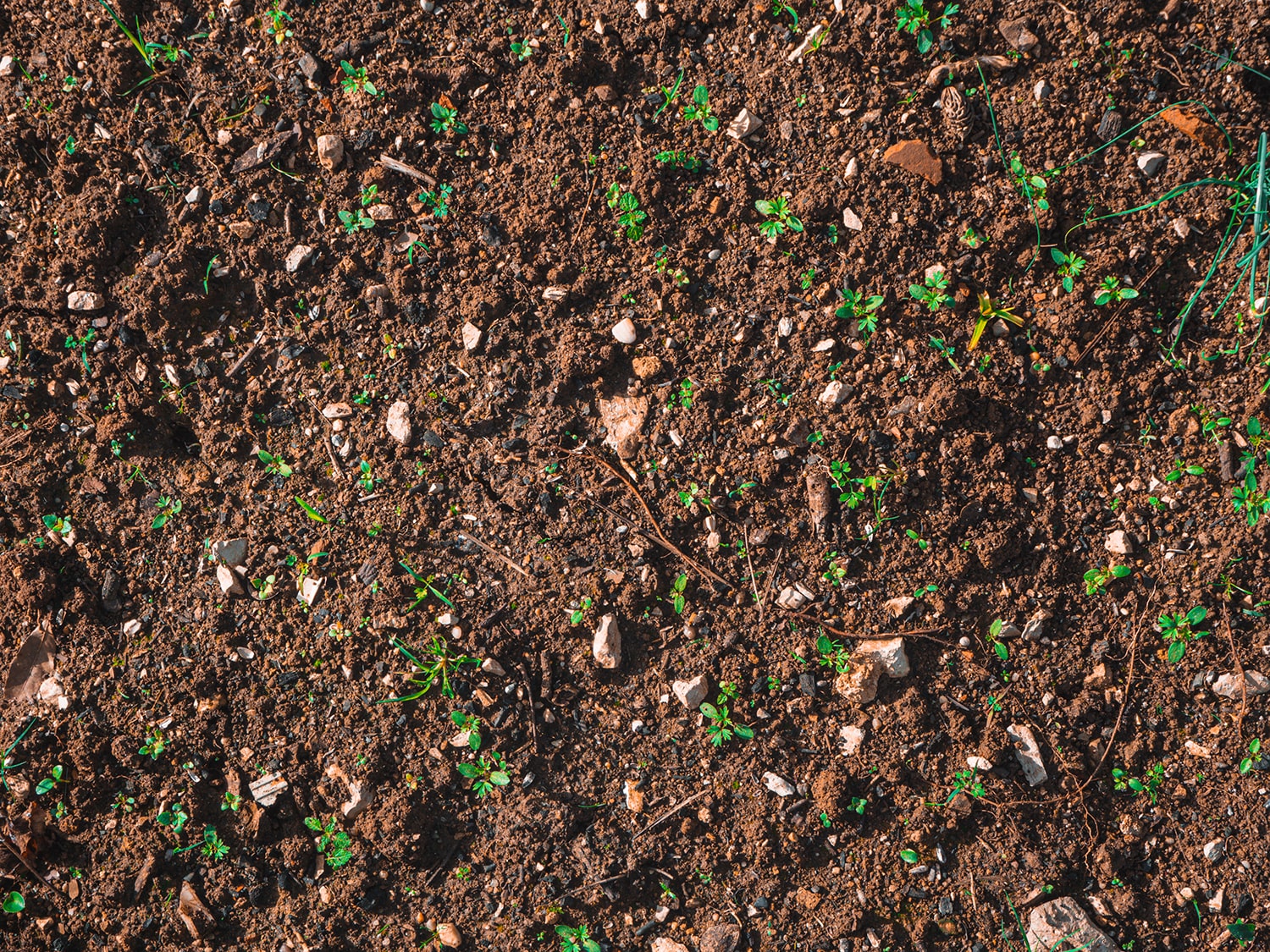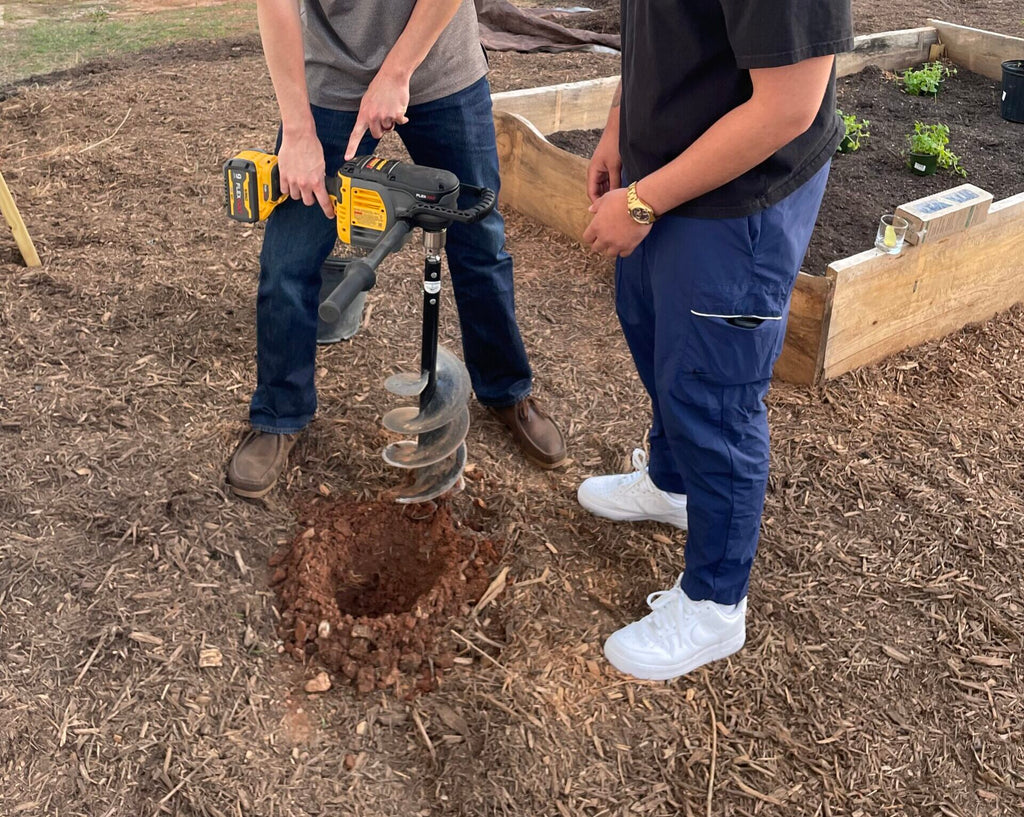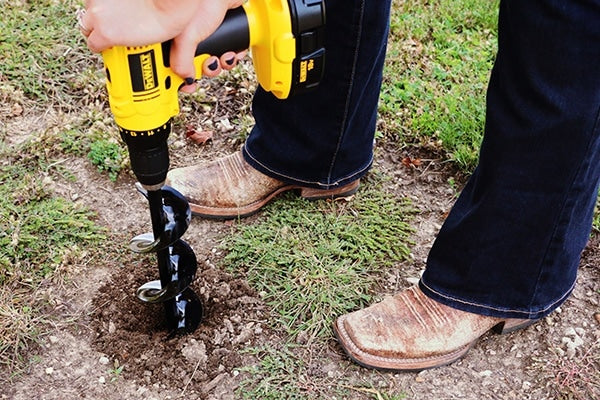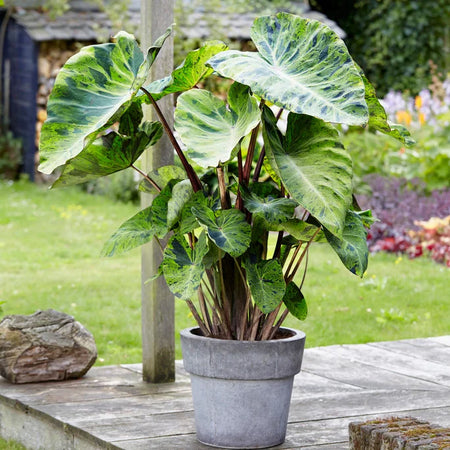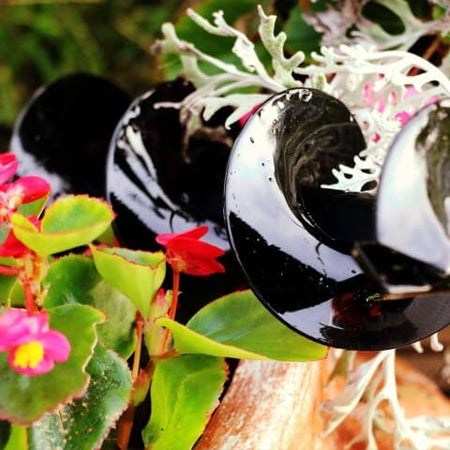Red clay soil—a.k.a. Georgia red clay—gets a bad rap for being hard to work with. While this type of soil has a tendency of getting compacted and forming rocks, it's actually not a bad place to start. Red clay is actually a good soil for gardening because it retains nutrients and water quite well.
Good news,—you're not doomed if you have this type of soil. Somewhat bad news is that you need to be careful and have the right tools to handle it. Here's what we suggest:
Avoid working with clay soil when it's wet: Working with wet clay soil can lead to the formation of compacted areas that become as hard as rocks.
Keep clay soil covered: Leaving clay soil bare can result in the formation of a thick, impermeable crust that causes runoff issues when it rains. Mulching with wheat straw or wood chips can help prevent this.
Exercise caution when adding sand: While it may seem logical to add sand to increase the permeability of clay soil, this approach can be risky. To effectively improve clay soil with sand, it would require a significant amount, around 50% of the soil composition. Incorrect proportions or improper mixing of sand and clay can result in a substance resembling concrete.
Utilize earth augers for hole drilling: When working with compacted clay soil, using earth augers can be highly beneficial. Earth augers are specialized tools designed to efficiently dig holes in tough soil conditions. By using an earth auger, you can penetrate the clay soil more easily, saving time and effort compared to manual digging. The auger's rotating mechanism breaks up the soil, creating a more favorable environment for planting and allowing roots to establish more effectively.
Check out some of our Heavy Duty Augers to dig through Georgia red clay:

